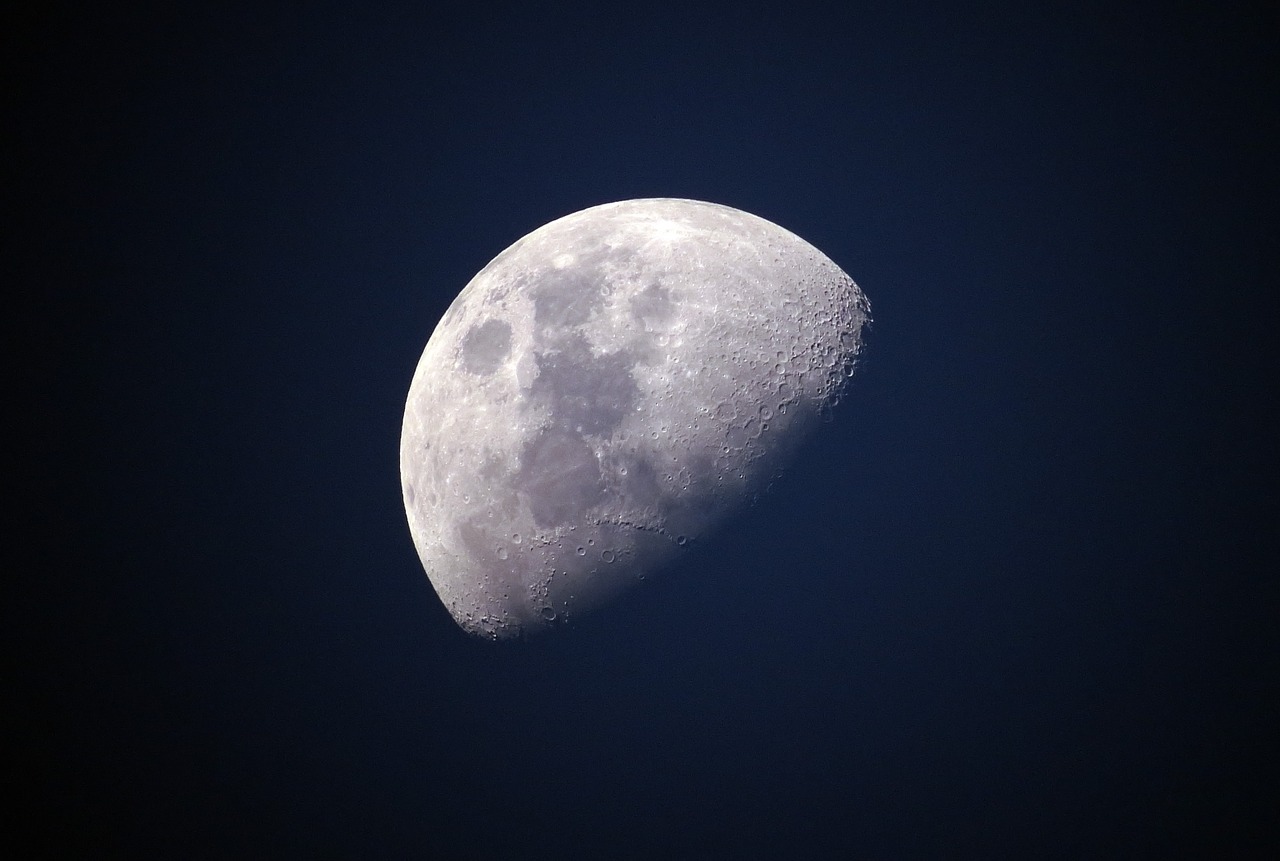“It’s like a finger pointing a way to the moon. Don’t concentrate on the finger or you will miss all that heavenly glory.”
― Bruce Lee
In the movie “Enter the Dragon” (1973), Bruce Lee encounters a young student walking around the temple. They begin to spar, practicing their martial arts training.
After sparing, Bruce Lee asks the young student, “How does it feel?”
“Let me think…” replies the student.
“Don’t think! … Feel,” says Bruce Lee.
“[Thinking] is like a finger pointing a way to the moon. Don’t concentrate on the finger! Or you will miss all that heavenly glory.”
I love the simple wisdom. If your mind works like mine, sometimes it does not stop. It likes to make models, find patterns, understand things. There is this feeling of “control” when I “understand” something.
“Knowledge is power”
―Francis Bacon
My little mind loves to understand. With physics, I can build bridges. With biochemistry, I can create vaccines. With astronomy and mathematics, I can travel to the moon. However, there are places where rational logic breaks down. There are places where understanding and knowledge brings no power at all. There are things where understanding does not bring control. However, my mind still struggles to understand them with the false hope that I might be able to control them. Richard Rohr names five mysteries that will bring the mind to its knees struggling to understand. Are any of these rational? Love, Death, Life, Suffering, Infinity.
The Map
“The map is not the territory”
― Alfred Korzybski, scholar of semantics
Words are an abstraction (a map). Often, they are an abstraction of an abstraction. (Stay with me here.) Words often describe our abstract concepts. We use the words as handles so we can communicate. The battle of semantics occurs when we are talking about the same thing, but we use different meanings for the same words. An argument often erupts. If we go past the abstraction of words, then we have the model or concept or abstract thought in our mind. If we go past the abstract model in our mind, then we arrive at the true experience. It is this true experience that we are trying to communicate. With the layers of abstraction, you can see how the experience can get lost.
Poet and Scientist
We can both see the moon, but we might have different models to talk about it and understand it. We are talking about the same experience. The poet will use words that are different from the scientist. Both, however, are beholding the heavenly glory. Both are sharing an experience of the moon.
Art thou pale for weariness
Of climbing heaven and gazing on the earth,
Wandering companionless
Among the stars that have a different birth
—Percy Bysshe Shelley, excerpt from Poem: “To the Moon”
MOON. noun. “the earth’s natural satellite, orbiting the earth at a mean distance of 238,857 miles (384,393 km) and having a diameter of 2160 miles (3476 km).”
—dictionary.com

The model is not the thing. The mental construct, logical and rational, is only a reflection of the true thing that exists outside my mind. The models are fingers pointing to the moon.
Let’s not miss the heavenly glory.
Is my model better than your model? My model helps me to see the moon. Your model helps you to see the moon. One is better for me, the other is better for you. Tomorrow, your model might work better for me. Which model is better?
Physics
Classical physics describes the movement of the pool balls on the table. It’s all angles and geometry. However, classical physics fails to describe the very small quantum particles. Quantum physics brings a new mathematical model beyond angles and geometry. You can use both to understand the pool balls moving across the table, but you can’t use classical physics to describe the quantum particles moving across the table.
Now does that mean that the classical physics is wrong? Engineers still use this model where it works.
The Model
We can talk about our models for the world.
We can argue…. I’m right…. No, I’m right….
Science struggles to create the perfect model to understand all the phenomena in the world. We want our model to be right. When the model fails, we create a new model. We create more and more fingers in order to point to the moon. Yet, where is the moon? The moon is sitting right there. The moon is an experience that we can have.
The God Question
Many wise philosophers have asked: Can we truly know God? We are limited by human understanding. Can we describe the Tao? “The Way,” as it is sometimes translated? Can we explain the Universe? Can we understand Consciousness?
Perhaps our mind cannot grapple with the immensity of these problems, and the only way to “understand” them fully is by experiencing them with our bodies, minds, emotions, and spirit. We may not be able to “understand” them, but we can “know” them … we can have an experience of them … we can feel them. We can be present to the experience of Life in the Moment.
Even the concept of Presence is elusive. We can describe that feeling of full presence, centered, grounded, in the flow. Yet, that feeling changes in each moment. We don’t want to get attached to the “finger.”
Finger pointing at the moon
Words are like the finger… pointing to something.
Is “chair” really the “chair”?
The word is not the chair, the scribbles on the page and the sound I make … not the chair, the concept in my head … not the chair.
What is the real chair?
Is the chair the object in front of me?
Finally, the existential question: “Is the chair really there?”
I didn’t take it. Don’t point fingers at me….
Use a map to get in the territory, and then experience the territory when you get there.



